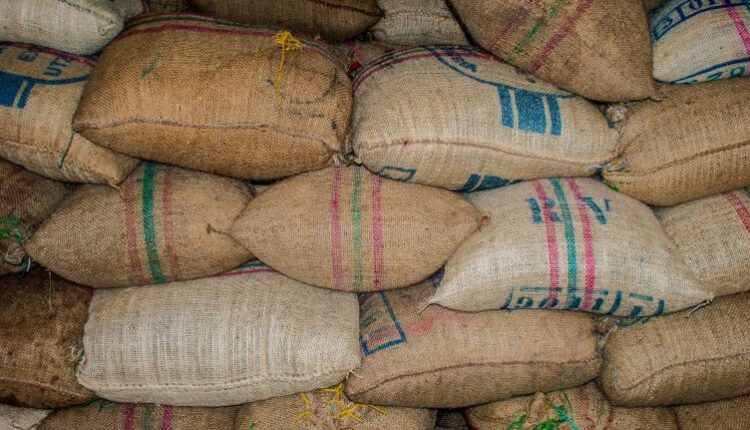Ugandan CSOs Want More Inclusive Coffee Supply Chains – CoffeeTalk
Coffee is Uganda’s top cash crop, supporting over 1.7 million households and contributing up to 30% of the nation’s foreign exchange earnings. Civil Society Organizations (CSOs) in the agricultural sector have raised concerns about the future of Uganda’s coffee sub-sector, emphasizing the urgent need for inclusive supply chains that empower smallholder farmers, particularly women. This call comes at a critical time as Uganda undergoes significant structural reforms, including integrating the Uganda Coffee Development Authority (UCDA) into the Ministry of Agriculture, Animal Industry and Fisheries (Maaif) in the upcoming financial year 2025/2026. This merger, part of a government rationalisation drive, has sparked worries among CSOs about potential disruptions to the sector’s growth and the livelihoods of farmers across 122 coffee-growing districts.
Additionally, the looming European Union Deforestation Regulation (EUDR) deadline of December 30, 2025, for large and medium companies and June 30, 2026, for small businesses pose a significant threat to Uganda’s coffee exports, 60 percent of which are destined for the EU market. Both deadlines could result in an estimated annual loss of $1.14 billion and negatively impact 1.8 million farmers who fail to comply within the approximate 230-day window.
The CSOs acknowledged UCDA’s past efforts in promoting gender inclusion through initiatives focused on training, strengthening farmer organizations, and improving post-harvest handling, which have begun to narrow the gender gap in the coffee value chain. Speaking at a technical roundtable in Kampala on May 12, the CSOs stressed the potential risks to vulnerable actors if these ongoing transitions are not managed effectively and inclusively.
Mr. Henry Kimera, the team leader at the Consumer Centre, said the government should ensure there are strong systems in place to ensure compliance while it navigates the reforms. Ms. Freda Laura Orochi, the head of programs at the Food Rights Alliance, cautioned on the major systemic and institutional reforms and limited public discourse surrounding the changes. She said the government should ensure a smooth and inclusive transition of UCDA functions into Maaif, expand and provide gender-targeted extension services focusing on climate-smart agriculture, among other initiatives to mitigate these risks and ensure a sustainable future for Ugandan coffee.
Read More @ Monitor
Source: Coffee Talk



